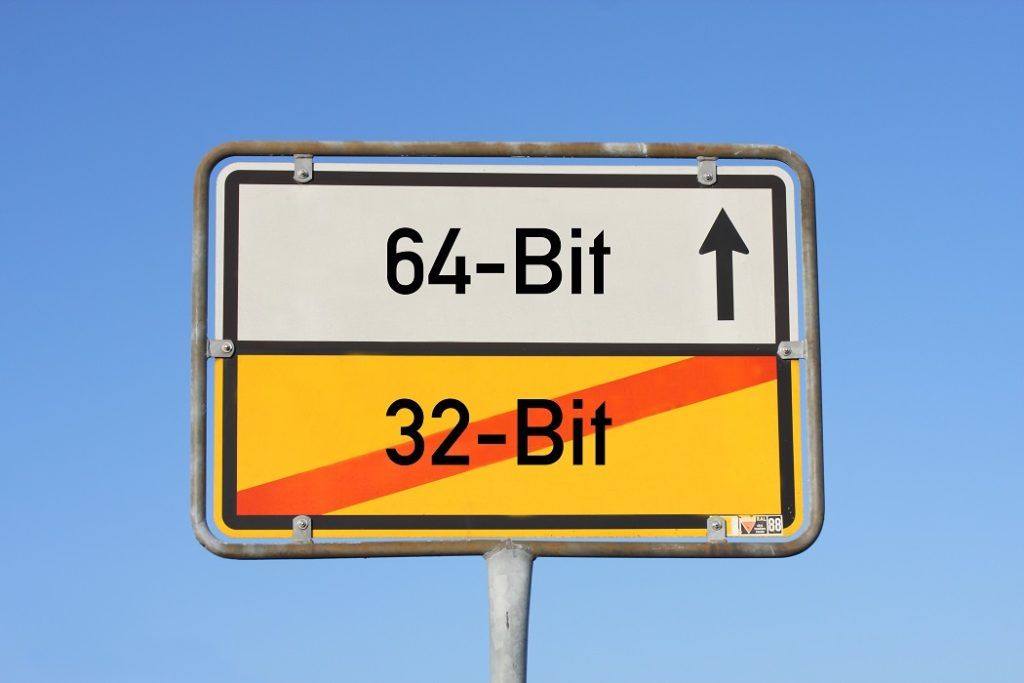Computer Skills Course: Ports, Connectors, Cables
Free Computer Skills Course: Learn about the different types of ports and connectors on a computer. Transcript: All of these peripherals need a way to connect to the CPU, so let’s take a look at the different types of ports and connectors. First is the most common of all: USB. USB stands for Universal Serial Bus, and it’s a type of connector found not only on computer peripherals, but on gaming consoles, TVs, DVD and Blu-Ray players, car audio systems… USB is everywhere. When you see a port that looks like this on the back of a computer, that’s a USB port. It’s worth mentioning that the USB port on the device that you want to connect might look different from this; there are actually a number of different USB connector types. Here’s a quick look at some of them. One of the bummers about all of these USB connectors is that if you try to plug them in upside down, they won’t work; this is why the newest version of USB, called ‘USB C’ is a very welcome change; it’s reversible, so it doesn’t matter which way you plug it in. Another significant port on the back of a computer is the Ethernet port. The Ethernet port allows you to plug in an Ethernet cable, which can connect your computer to a network and to the internet. Now, to connect your computer to a monitor, there are several possibilities. For many years, the 15-pin VGA port was the standard, and you’ll still sometimes see it in use today on old computers and projectors. This type of connector, however, is limited in terms of the screen resolution that it can support, which is something we’ll talk more about later, but for this reason, it is generally not found on new products anymore. Next is the DVI port, which comes in a few different variations, some of which suffer from the same limitations as the VGA connector. For this reason, this type of connector is also becoming less common. By far the most common connector for connecting a display, whether it’s a computer monitor or a widescreen TV, is a HDMI. HDMI is fully digital, and it supports high resolution displays and can also carry audio. You’ll find HDMI ports on just about every new TV and computer monitor. HDMI cables and connectors come in a few different sizes, in order to accommodate different sized devices. The final video connector we’ll take a look at is called “DisplayPort”. DisplayPort isn’t as common as HDMI, but hopefully it will be soon, because it is actually better in a couple of ways, supporting even higher resolutions and frame rates. Displayport comes in two sizes, and if you’re a Mac user, you’ll probably recognize the smaller of the two, called mini display port. Speaking of Macs, it’s worth noting that the mini display port on newer Macs is actually also a Thunderbolt port, which is indicated by the little lightning bolt symbol. Thunderbolt is a type of connection created by Apple that is very high speed and allows you to connect many devices to just one port. Turning to audio, we’ve got our standard 3.5mm headphone jack, and a 3.5mm audio input jack. It’s worth noting that many audio devices are equipped with USB connectors, so these two aren’t always necessary. Some computers, like this one, also have an integrated SD card reader which can make it easier to copy photos from a digital camera to your computer. Now, for some devices it’s also possible to connect them without having to use any sort of cable at all. The most common way to connect devices wirelessly to your computer is use Bluetooth. A Bluetooth device uses radio waves instead of wires or cables, and there are many devices that support Bluetooth, including cell phones, headsets, keyboards, mice, portable speakers, car audio systems, and more. Bluetooth typically has a range of about 30 feet, so your devices have to be somewhat close together in order to stay connected. Finally, there’s the wireless connection that you’re probably already familiar with: WiFi. You can think of WiFi like a wireless version of an Ethernet cable; its primary purpose is to connect computers – and some other devices, like phones and tablets - to networks and to the internet. Unlike Bluetooth, which allows devices to connect directly to one another, WiFi uses a wireless router that all of the different devices then connect to in order to communicate with one another. This results in greater wireless range – especially if you have more than one router - and much faster data transfer speeds, but it’s all dependent on the wireless router. For this reason, WiFi and Bluetooth serve very different purposes; WiFi is used to connect devices to networks and the internet, and Bluetooth is used to connect devices directly to a variety of peripherals. That concludes our discussion of ports and connections. I hope you’ve enjoyed this video, and that you have a better idea of the different ways that devices can connect to one another.










